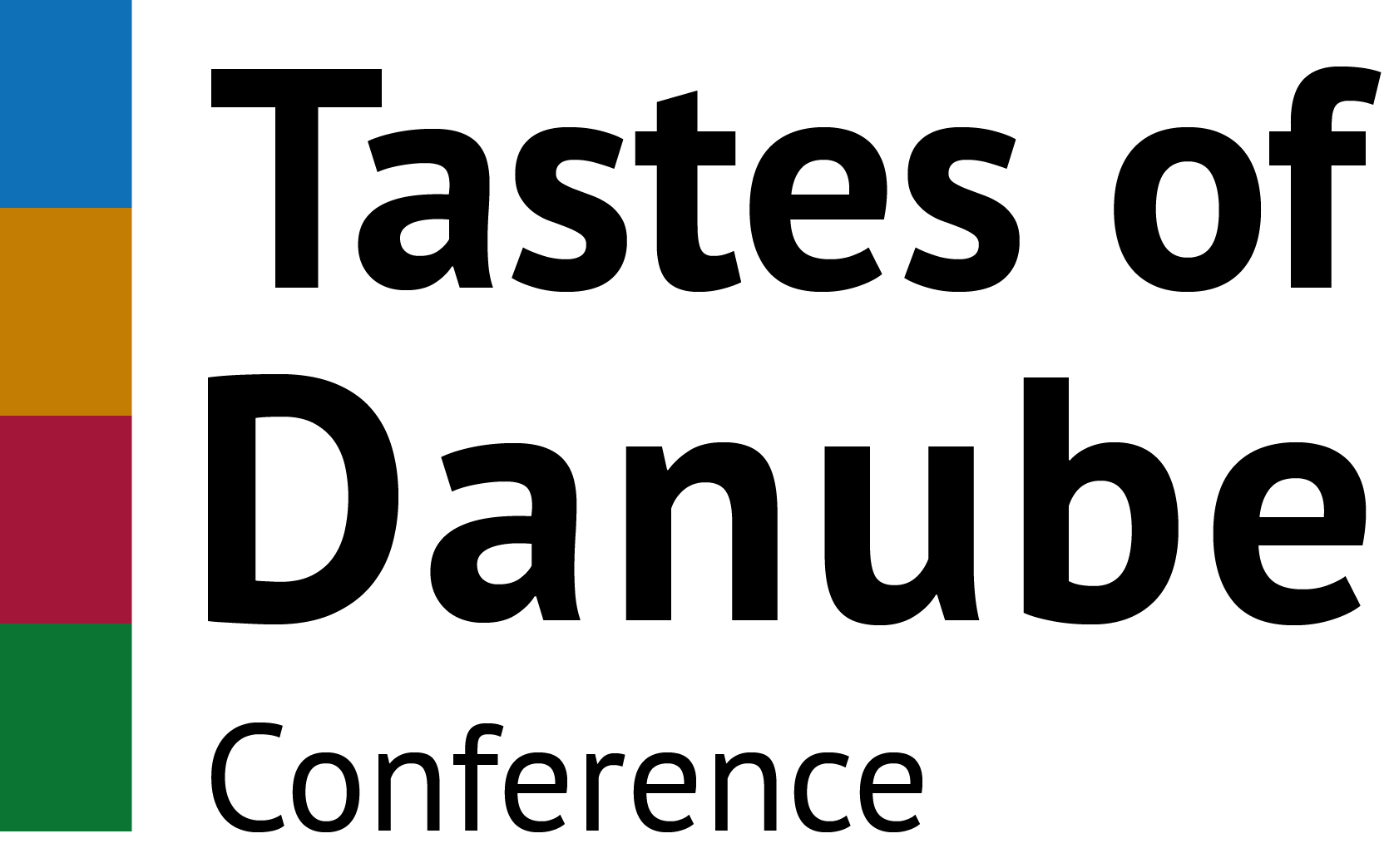The Danube-Networkers is a civil society movement, which came to being prior the Danube Festival 2008 in Ulm/Neu-Ulm. Its goal is to make it possible for people along the Danube to get to know each other, to work together as one and to promote common and peaceful Europe. This network includes meanwhile members from 12 countries, civil society organisations from the fields of social work, education, culture and ecology, as well as from universities and schools. The network received its current formal structure in 2014, when the international association Danube-Networkers for Europe (DANET) with its seat in Ulm had been founded.
Since 2008, the Danube-Networkers had carried out numerous projects, to begin with education projects, which were mainly financed by the European Commission, but increasingly also outreach pedagogy projects with the goal of strengthening through joint work the motivation for European cooperation in the various countries.
2014 / 2015 the project The Wanted Danube was carried out, in which 6000 people from eight Danube countries took part and whose impressive results were presented at the Danube Festival 2014. The partners received for this project the European Citizens’ Prize 2015 of the European Parliament.
Because of the large success, the participating organisations wished to initiate a new project, this time on the subject Tastes of Danube: Bread, Wine and Herbs. It started in January 2016 after a pilot phase and is supported by the Baden-Württemberg Stiftung, the Heidehof Stiftung and other sponsors. “Bread” represents here a symbol of physical and spiritual fundamental needs, for the community, for sharing with others and the responsibility for enough food for all.
As in the previous project, the method of the project is outreach pedagogy, it is intergenerational, intercultural and inclusive. Participating are social organisations, scientists, universities in the context of seminars and schools in the context of their teaching. It is baked and it is researched about social, cultural and religious customs of yesterday and today concerning bread and wine. Recipes are translated from their national languages into English, personal experiences are documented in word and image. Scientists present the results of their research work and support students in their research process. Through the common work, the network of regional partners has been growing. This means that people from various organisations, ethnic origins, education and social backgrounds work together on the subjects of bread, wine and herbs on a regional level. Tested with innovative methods is also voluntary work in new fields.
Central for reaching the goal of the project are the transnational activities, they are the central motivational factor for the project participants to consider themes such as: who are the other participants in the Danube countries, where do they live, how do they live. Important is the project website www.tastes-of-danube.de. It is here that the various project activities and actions of the partners are presented. The actions of Danube Bread on Tour, where primal bread dough is sent from Ulm to the Danube countries together with an invitation to the partners to bake “Danube bread”, have joining character. This applies also to the digital photo competition, the publishing of an international anthology on the subject of Bread, the collecting and comparing of proverbs and bread customs. Through these actions, the participants directly experience the various cultures.
One of the highlights is a meeting of the partners in Ulm in the context of the 10th International Danube Festival 2016, which takes place from the 8th to the 10th of July. This meeting will consist of two main parts, the International Conference Tastes of Danube: Let’s Taste It and The Danube Bridge Festival.
